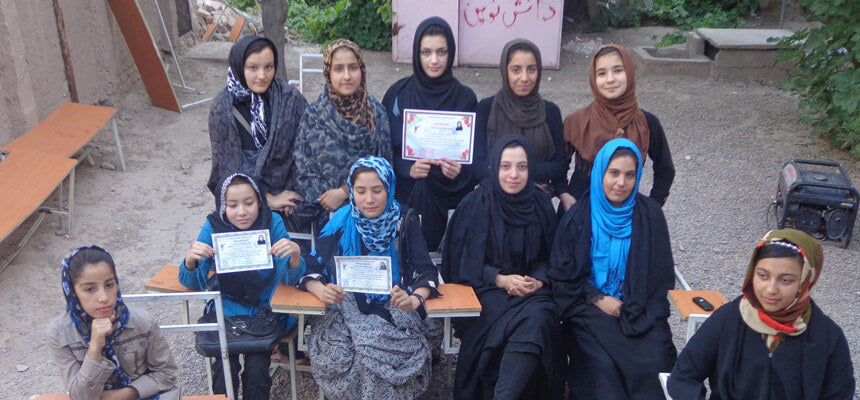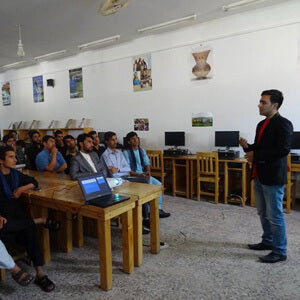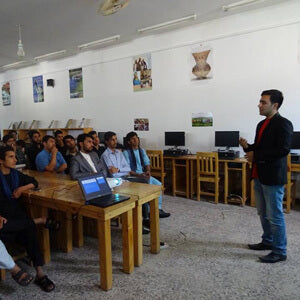Day 5
One day's rent in a dormitory for a student in Afghanistan
 One country – one generation – one future?!
One country – one generation – one future?!


Scholarship program for young Afghan students

need
Access to education and financial support for Afghan students.
activity
A
Measurable performance
Number of scholarship holders supported and people reached through voluntary projects.
Result
The scholarship holders were able to progress in their studies, started their social projects and achieved initial successes.
Systemically relevant impact
Increased initiative among motivated and educated young Afghans to work for the reconstruction of their country.
background


The good deed
AboutIslamic Republic of Afghanistan
Kabul
Capital city
30 551 700
Population
694 USD
Gross domestic product
per capita per year

169
Human Development Index
(Human Development Index)



